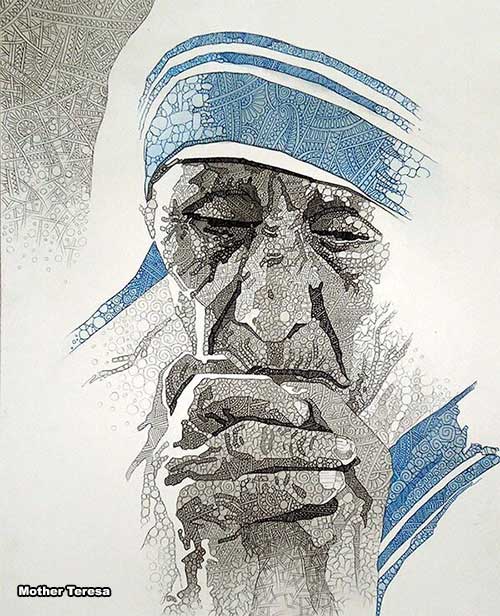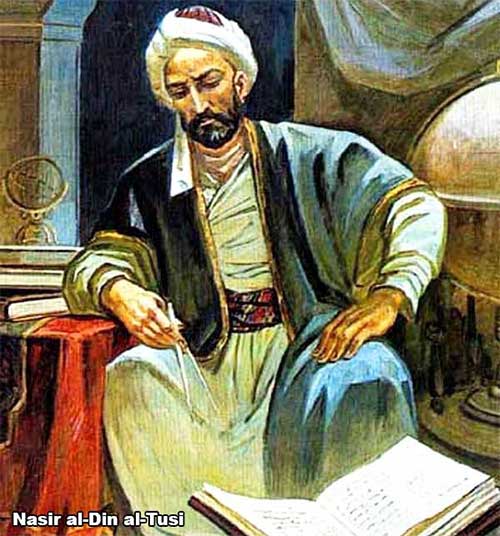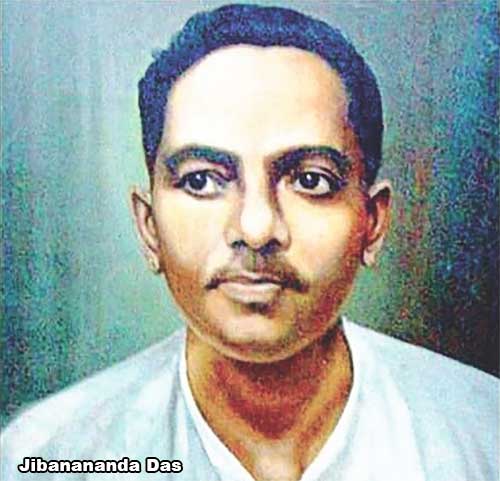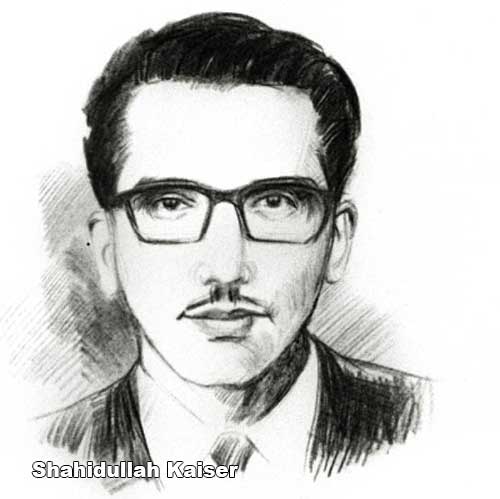
Mother Teresa, a figure widely revered for her humanitarian work and role as a global symbol of charity, has also been the subject of significant criticism. While her efforts to care for the poor and sick in Kolkata earned her the Nobel Peace Prize in 1979 and canonization by the Catholic Church, some critics argue that her legacy is more complex than the universally positive image often portrayed.
One major point of contention revolves around the conditions in her Missionaries of Charity homes. Reports and testimonies from volunteers and journalists have described the facilities as austere, with inadequate medical care and a lack of modern hygiene practices. Critics have questioned whether these homes, which were meant to provide care and comfort to the dying, instead subjected the sick to unnecessary suffering.
Another criticism focuses on Mother Teresa's views on suffering. She famously believed that suffering brought people closer to God, a perspective that informed the approach of her charitable work. However, this philosophy has been scrutinized, especially when prioritizing spiritual over physical care. Some have argued that her approach to care did not emphasize alleviating pain and improving the quality of life as much as it should have.
Mother Teresa's relationships with political figures and controversial leaders have also drawn criticism. She accepted donations from questionable sources, including dictators and corrupt politicians, which some argue tarnished the ethical foundations of her charitable work. This raises questions about the compromises in pursuing financial support for her missions.
Moreover, her opposition to abortion and contraception, consistent with the Catholic Church's teachings, has been another point of contention. Critics argue that her stance, especially in impoverished communities with high birth rates and limited access to healthcare, may have contributed to the ongoing cycle of poverty and suffering that she sought to alleviate.
In conclusion, while #Mother_Teresa's contributions to charity and dedication to the poor are undeniable, her legacy has complexities and controversies. A critical examination of her work and its impact is essential to fully understanding the multifaceted nature of her life and legacy.



